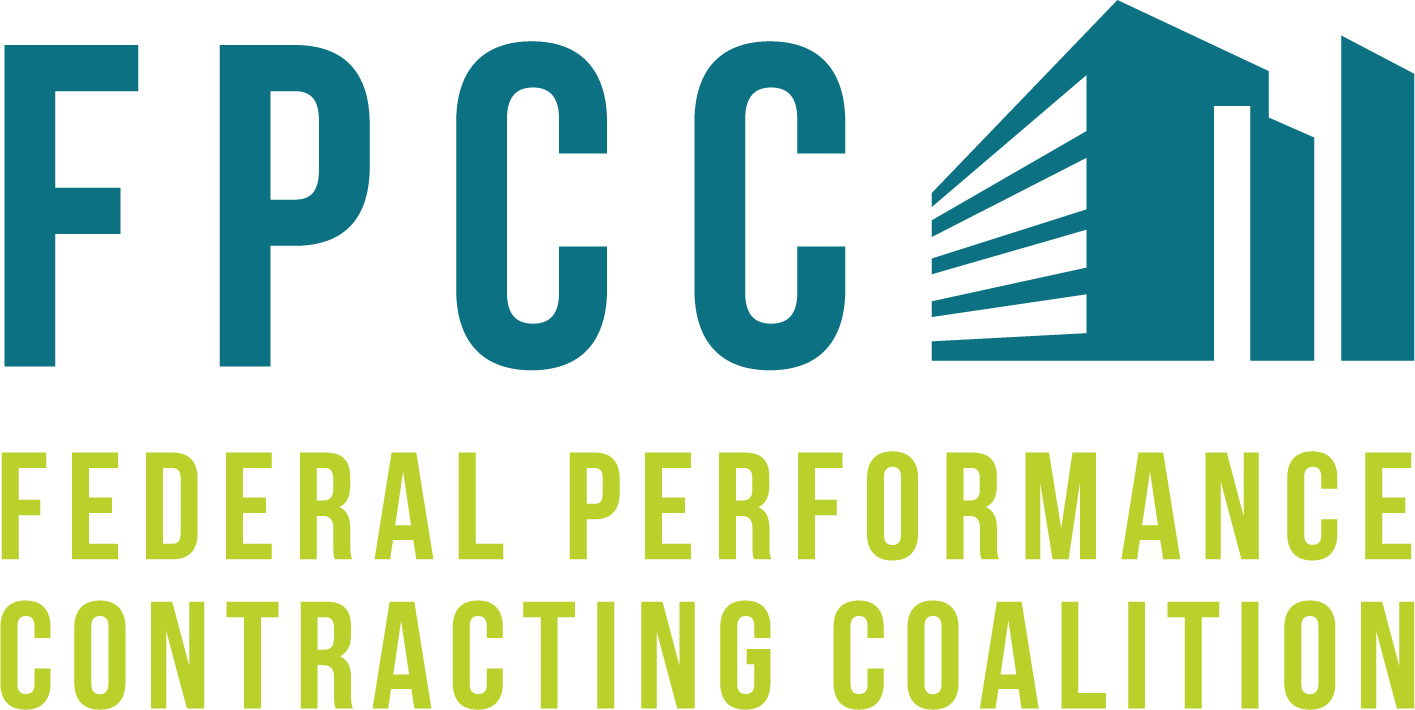Power outages can disrupt daily life in an instant, leaving your home without electricity for hours or even days. From keeping food fresh in the refrigerator to ensuring essential medical devices continue operating, a reliable backup power source is no longer a luxury but a necessity for many households. Investing in the right whole home generator ensures that your family and property remain safe, comfortable, and functional when the grid goes down. For generators Lynchburg call Sunburst Power Systems.
Assessing Your Power Requirements
The first step in choosing the right generator is to evaluate your household’s energy needs. Think about which systems and appliances you want to power during an outage. For some, it may be enough to keep the lights on, run the refrigerator, and power basic electronics. For others, especially in areas with extreme weather, heating and cooling systems are critical. Larger homes or households with multiple essential devices may require more wattage to cover all needs without overloading the system.
A professional electrician can perform a load calculation to determine the correct generator size, ensuring your choice matches your specific energy requirements.
Fuel Options to Consider
Generators run on various fuels, and your choice will depend on availability, cost, and convenience:
-
Natural Gas: Continuous fuel supply if your home has an existing gas line.
-
Propane: Clean-burning and stores well, but requires a storage tank.
-
Diesel: Known for durability and efficiency, though less environmentally friendly.
-
Gasoline: Easy to find but not ideal for extended outages due to storage limitations.
Choosing a fuel source should balance reliability and practicality based on your location and household needs.
Key Features to Look For
When selecting a generator, pay attention to the features that improve performance and convenience:
-
Automatic Transfer Switch (ATS): Instantly shifts power from the grid to your generator when an outage occurs.
-
Noise Level: Quiet models help reduce disruption, especially in residential neighborhoods.
-
Warranty and Support: Longer warranties and strong customer service can save costs over time.
-
Remote Monitoring: Some modern generators offer smartphone connectivity to check performance and fuel levels.
Professional Installation and Maintenance
Whole house generators require professional installation to meet local building codes and ensure safe operation. Proper placement is important for ventilation and efficiency, while correct wiring guarantees your generator integrates seamlessly with your home’s electrical system. After installation, routine maintenance—such as oil changes, filter replacements, and periodic inspections—will keep your generator reliable for years to come.
Choosing the right whole home generator is an investment in peace of mind. By carefully assessing your power needs, fuel preferences, and desired features, you can select a generator that ensures uninterrupted comfort and safety during any outage. With professional installation and ongoing maintenance, your home will be prepared for whatever nature or the power grid may bring.
